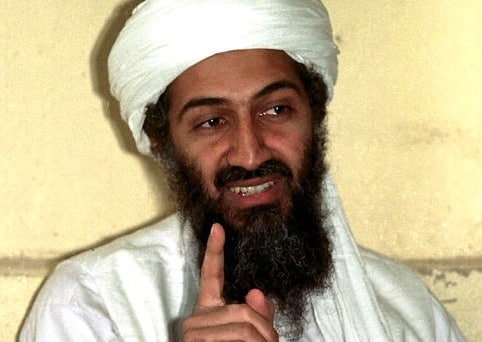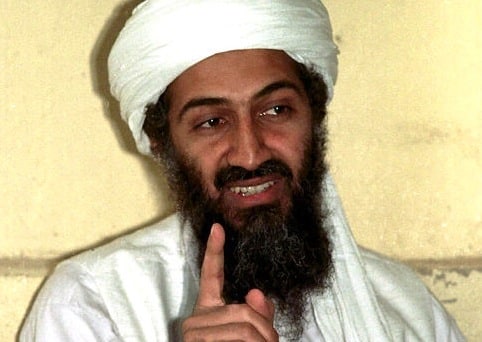Generally speaking, if one were to argue that the US foreign policy elites secretly back al-Qaeda, that person would be accused of extreme stupidity and of wallowing in the conspiracy theory mud.
But what happens when a writer in the flagship journal of the foreign policy elites writes that we need to re-assess our 15 year war on the organization that attacked New York and Washington on 9/11, and instead start “accepting al-Qaeda”?
Writing in Foreign Affairs, the organ of the Council on Foreign Relations, Barak Mendelsohn argues that because the United States has been (ill-advisedly in his opinion) reluctant to place a full contingent of US boots on the ground for Iraq-War-III-Plus-Syria against ISIS and Assad, the only remaining option is to embrace (and presumably provide assistance to) al-Qaeda in its dual fight against ISIS and the secular Assad government in Syria.
“[A]l Qaeda—which views ISIS as a renegade offshoot,” he writes, is “an important player in curtailing ISIS’ growth.”
According to Mendelsohn, the US must fight against its enemies (ISIS) and the enemies of its enemies (Iran and the secular Assad regime in Syria), by allying itself with the enemies of its enemies’ enemies (al-Qaeda).
Say that three times!
Further, Washington “fail[ed] to balance these diverging interests,” when it made the mistake of bombing the Khorasan Group (which the US argued at the time was actively planning attacks on the United States). Why? Because that left the impression that Washington was “ready to bargain with the murderous Alawite regime of Syrian President Bashar al-Assad.”
What Mendelsohn will not admit, of course, is that the rise of al-Qaeda and its more radical sister, ISIS, is a direct effect of the US war on Iraq and then proxy war against Syria — two secular governments that suppressed these jihadist movements ruthlessly.
If the non-interventionist argument had carried the day with the Iraq, Libya, and Syria US interventions, we would not be speaking about an existential struggle against ISIS — and we certainly would not be sitting through lectures from the likes of Professor Mendelsohn suggesting that we lock arms with al-Qaeda in the ultimate struggle against ISIS and Assad.
Mendelsohn seems to understand that some of us lesser beings might be confused by his argument, so he finishes with a very clear flourish:
It is certainly ironic that at this point, when the United States is the closest it has ever been to destroying al Qaeda, its interests would be better served by keeping the terrorist organization afloat and Zawahiri alive.
Have we always been at war with Eastasia?


